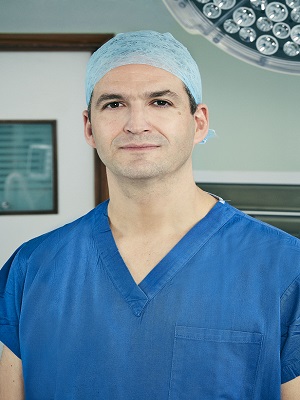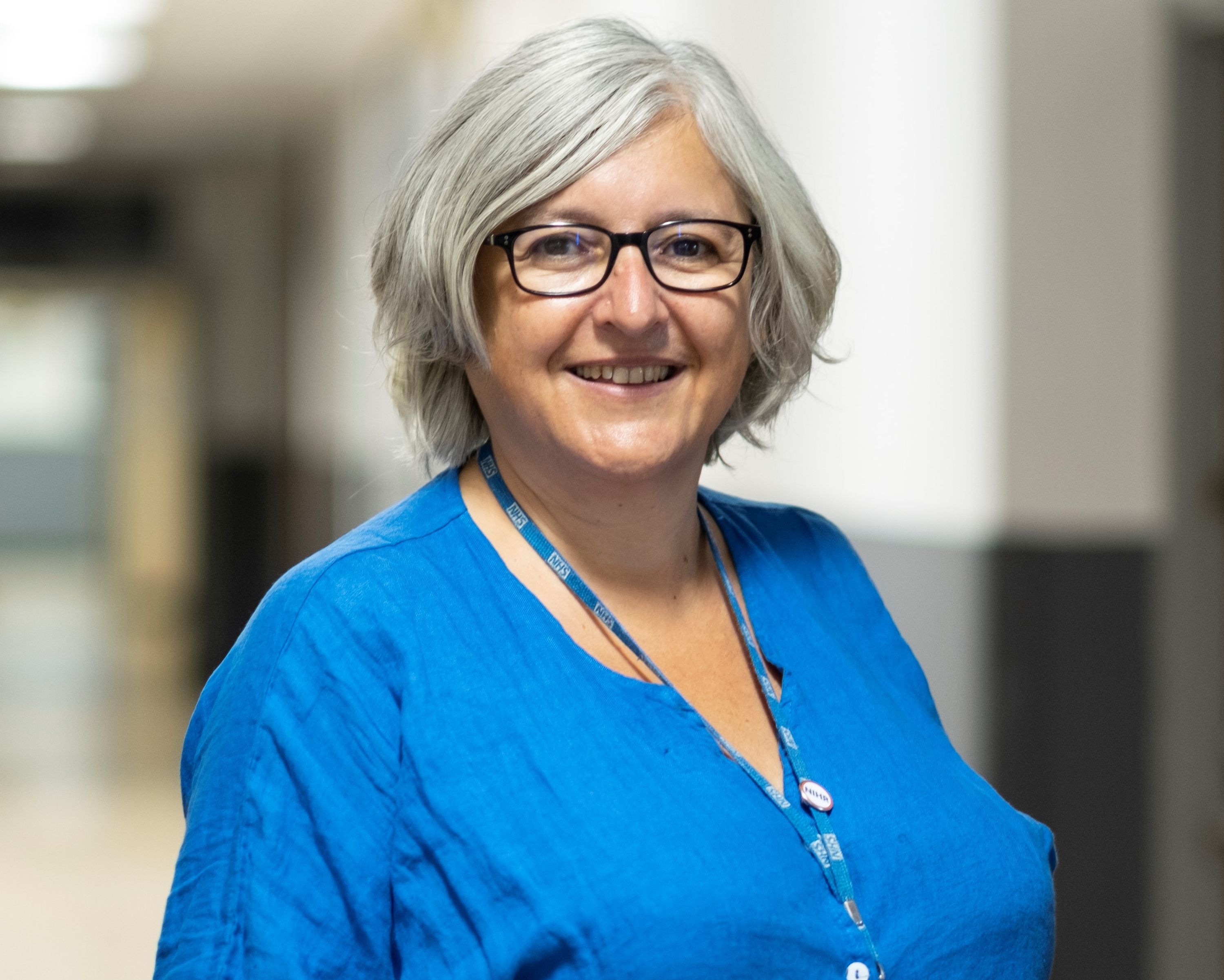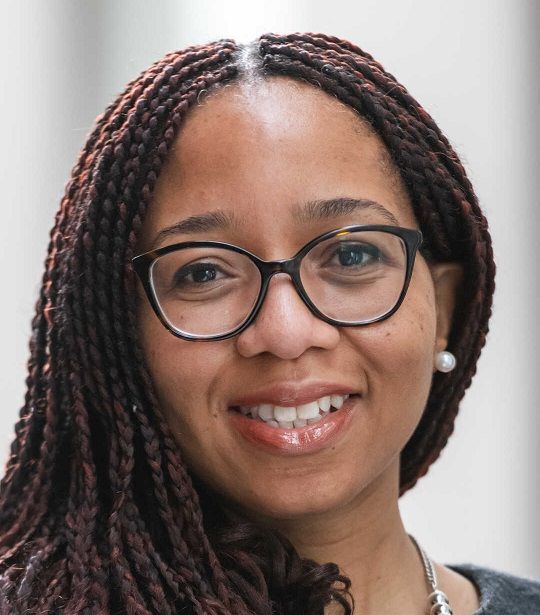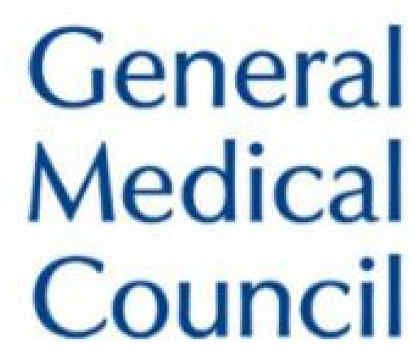RESEARCH: EARLY COLORECTAL CANCER DETECTION & PREVENTION / IN SURGICAL TECHNOLOGY TRANSFER

How did you get into research?
I applied to perform research after my core surgical training. At that time there were no formal academic training programs, and there was a perception that a higher degree was necessary to be competitive for a sub-specialist training post. I was very lucky in that I worked in a unit that encouraged research and I applied for PhD at Imperial College. Until that point, I had no experience of research and when I began, I had no idea about what I wanted to study. I was very lucky that I was directed towards a subject that became a lifelong passion.
What do you enjoy about research?
I enjoy the intellectual freedom. I love the fact that I can ask a question on any area of clinical practice I’m interested in and that I have the research skills to answer it. I get to work on a diverse series of research topics from the Microbiome to digital surgery. Research allows you to travel and to open your horizons to new ideas and ways of thinking. I hugely enjoy working with brilliant colleagues, in multidisciplinary teams, most of who are much smarter than I am! There is never a boring day. I love my team and it is really rewarding to see my staff and trainees succeeding in their own research adventures. I also enjoy the entrepreneurialism of the job. To succeed in research, you need to embrace the hustle! It is necessary if you want to fund your work and communicate your science in an increasingly competitive environment.
What was the most difficult aspect of doing your PhD?
Surgical researchers were (and still are) expected to maintain part-time clinical practice during their PhD, one reason why ensuring you are in a properly funded PhD is so important. This meant I was trying to perform difficult experiments in an emerging field with limited sleep. Learning to speak the science of analytical chemistry, microbiology and multivariate statistics while writing papers was like learning a new language with a Cyrillic alphabet. As a dyslexic person this was a literal and figurative challenge as there was little support in this regard. I also had to adapt to a new culture with a different set of expectations and social and professional rules. I also worried my clinical skills were going backwards and I had to learn about the painful art of rejection (papers, grants etc).
What was the most challenging aspect of continuing your research after completing your PhD?
Time, money and sleep. When I returned to clinical practice my trainers and many of my peers within the NHS had little experience of research and were unsympathetic to the time I needed to commit to it. I was also on a full-time clinical rota with young children, and my ongoing research was mostly done out of hours and at night. My overriding memory is one of permanent exhaustion. I also could not locum like my peers to earn extra money and paying the mortgage was tough. I struggled going back into the rigid hierarchy of surgical practice in regional hospitals, which was based on an apprenticeship model. This was very different from academia where I felt that my opinion was valued because I had a PhD.
What difference has your research training and experience made to your career?
It has transformed my career into something that I had never thought was possible when I started. It has given me intellectual independence and a different perspective, which has meant I have had impact within my field that would otherwise have been impossible. My career has been enriched by local and international friendships. Also don’t underestimate the impact that research has on your relationship with patients: most are interested and this leads to a more rewarding interaction.
How has research changed your clinical practice?
Instead of just following clinical guidance, I perform the research that informs it. It has allowed me to question “why” we do things and also “how” we can do them better. Research has allowed me to be the first to work with the most exciting and emerging technologies (robotics, computer vision and AI) while transforming our understanding of surgical paradigms that are founded on dogma. It has enriched my clinical practice so much, that I can’t honestly imagine not performing research. But maintaining a clinical role as a cancer surgeon with on-call commitments, whilst also delivering an increasingly large educational portfolio and performing high-quality research can be exhausting.
What has made a difference to progressing your research career?
One piece of advice: get a mentor as early as you can in your research career.
Where do you see your clinical academic career going over the next 5 years?
I now have a lot of grey hair, which means that I need to become a professor. My aim is to get my work into a position where I can secure funding to transition from a discovery phase into clinical trials. I want to continue to diversify my team and to take some of the technologies we have been working on in the lab to the bedside. I am sure that this will be exciting and I am looking forward to it.
Mr James Kinross, Consultant Surgeon, Imperial College London
Download James' research careers case study: Mr James Kinross - Case Study (PDF)
Useful links
Contact us
The CATO Team and Radiographers Incubator work on a Hybrid model, combining days in the office with days working from home – the best way to reach us is by email.
cato@imperial.ac.uk
radresearch@imperial.ac.uk
+44 (0)20 3313 7397



